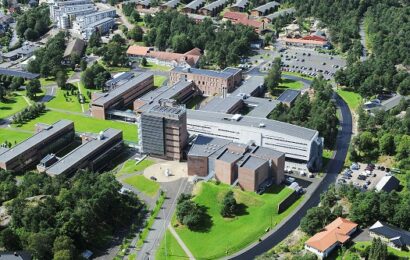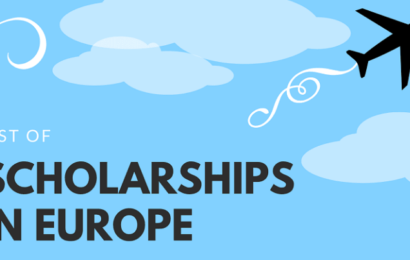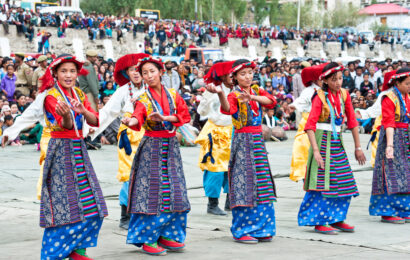The Master Economics of Globalisation and European Integration (EGEI) is a two-year (120 ECTS) program fully taught in English and in a truly global learning environment
A global career in economics and business.
The Master EGEI programme meets an increasing demand for graduates who have the skills to competently analyse issues of globalisation and economic integration, make relevant policy or strategic recommendations in the public and private sector.
Excellence in training and education.
An innovative approach which brings together advanced academic competences with more practical knowledge and skills. Lectures and seminars with EU officials, visits to EU institutions and other Brussels-based bodies. Interactive modes of instruction: Oxford-style debate, simulations, role playing games, discussion groups and “pitch” presentations.
An Erasmus Mundus Joint Master Degree.
Upon successful completion of the programme, students earn the Erasmus Mundus Joint Master Degree in Economics of Globalisation and European Integration. Students must spend at least two terms in two different EU countries different from their country of residence. The diplomas are awarded jointly by a consortium of seven universities and a leading global think tank. Associate partners from academia, international organisations and private sector contribute to the programme with specific skills and with highly valuable opportunities for internships.
Erasmus Mundus Scholarships
About 15 Erasmus Mundus Joint Master’s Degree scholarships per year are available on a competitive basis. The scholarships will be available for 4 intakes over a period of four years (in total about 60 scholarships). There are two types of scholarships, depending on whether your country of residence is a partner(all countires) or programme country.
NOTES FOR ERASMUS MUNDUS SCHOLARSHIPS:
- Students whose citizenship is one of the Erasmus+ Partner Countries count as Partner Country students.
- Partner Country students who are not residents nor have carried out their main activity (studies, training or work) for more than a total of 12 months over the last five years in any Programme Country are considered as Partner Country students. The five-year reference period for this 12-months rule is calculated backwards as from the submission deadline (defined by the consortia) of applying for an EMJMD student scholarship.
- Students whose citizenship is one of the Erasmus+ Programme Countries count as Programme Country students. Students with a Partner Country citizenship who do not fulfil the Partner Country criteria defined above (12-months rule) count as Programme Country students.
- Students with a double nationality (of a Partner and of a Programme Country) must specify the nationality under which they submit their scholarship application.
- The 12-months residency rule does not apply to the Partner Country candidates who for various reasons and under various circumstances have sought refuge and received a refugee status in a Programme Country.






